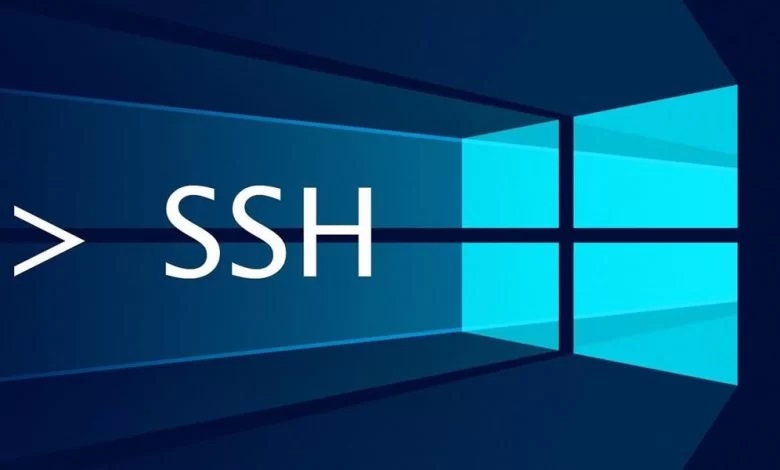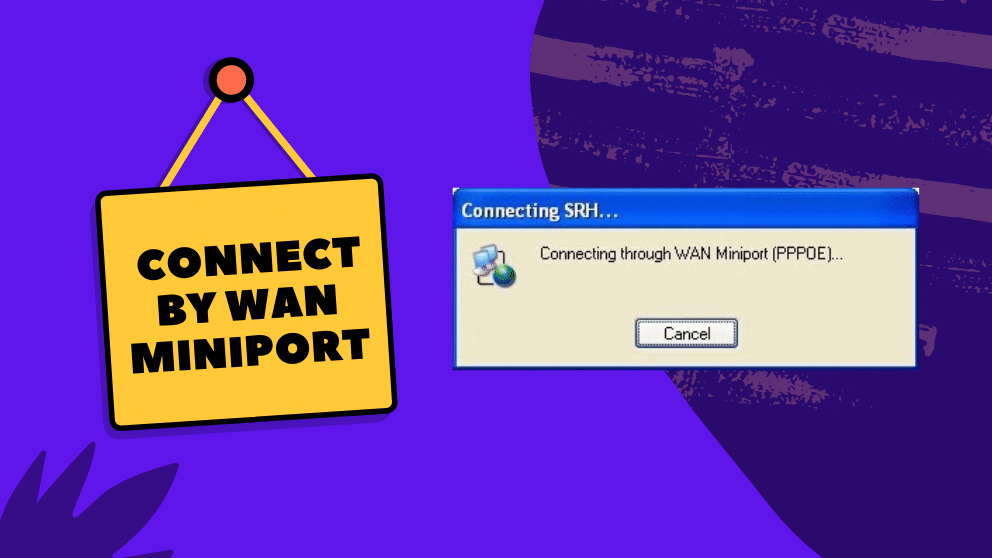Are you searching for the best password managers for 2022? The only thing safeguarding your online accounts from fraudsters is your passwords. If you’re like most people, you reuse the same weak Password Managers over and over again, creating a ticking time bomb that may burst at any moment and leave your personal information entirely exposed.
These Are Top Best Password Managers For 2022
Password managers keep track of and securely store all of your passwords for you (or both). That allows you to generate unique, complicated passwords for each Password Managers program or website. Even if you don’t have password managers, most of them can generate strong ones for you.
As a consequence, this means the only Password Managers you have to learn is the one that opens your password manager. If it seems like a solution that can make your life easier and more secure, you’re at the right spot. Just because some Password Managers are free doesn’t imply that they aren’t real, safe tools.
Simple methods for getting around:
Not convinced yet? Then consider that compromised passwords were responsible for 81% of hacking-related breaches in 2018, according to the Verizon Data Breach Incident Report. The number is so high because 65 percent of people use the same password for multiple or all accounts, as was revealed by a 2019 online security survey by Google.
Unless you want to become a cybersecurity statistic, you must use a unique complex password for each and every one of your accounts, and a password manager can help you accomplish this task and offer other important benefits.
The Benefits of Using a Password Manager
You should use a password manager for a variety of reasons. There are some best free password managers for 2022.
Listed below are some of them:
Remember just one password: With a password manager, you have to remember just one password to access your password vault. Any other passwords in the vault may either be temporarily copied or the password manager can automatically fill them in. Because you just have to remember one password, you have the freedom to make it more difficult, which increases its security.
Use stronger passwords:
Likewise, a password manager helps you to make all of your passwords bullet-proof because you don’t really have to remember them. If you don’t want to use mnemonic tactics like using dates or names of people close to you as passwords, you may just generate random passwords using letters, numbers, and special characters instead of depending on them.
Log in to your accounts quickly and easily:
A good password manager should be able to fill in your login data for you—both on your desktop computer and smartphone.
Share your passwords: When working in a team, sharing a single account with friends or family, it’s frequently handy to be able to safely share a password. Using a password manager, you can keep track of the people with whom you’ve shared your passwords, allowing you to maintain a higher level of security.
Change your passwords in a timely manner:
Security experts no longer encourage the use of expired passwords. As long as you use a unique password for each of your accounts, you may continue to use the password until there’s a reason to change it. The most common reason for this is a security breach, and a password manager with a breach notification function might be the difference between an account being compromised and a timely password reset.
Store sensitive information: Password managers may commonly store additional personal information, such as credit card numbers, critical contracts, or instructions to buried treasure, in addition to passwords.
Are password managers safe?
The simple answer is yes, password managers are secure, and you should use them to make it substantially more difficult for hackers to infiltrate your accounts and get critical information from you. The standard password managers keep your passwords in an encrypted database that can be decrypted only when the proper master password has been given.
There is no way for hackers to get their hands on the encrypted database and decrypt the passwords. Reusing weak passwords is riskier than using a password manager, even if you use a strong master password and don’t write it down anywhere.
Bitwarden

Bitwarden is our favorite password manager in December 2019 because it’s secure, free, and open source. It runs on Windows, macOS, Linux, Android, and iOS, and there’s also a web version that you can access from any device with a modern web browser. Bitwarden is our preferred password manager in December 2019 because it’s safe, free, and open source.
It operates on Windows, macOS, Linux, Android, and iOS, and there’s also a web version that you can use on any device with a current web browser. To get started with Bitwarden, you don’t have to invest any money, but there’s also a premium version with a few more features.
It’s $10 a year for unlimited encrypted file storage, extra two-step authentication choices, password hygiene and vault health reports, TOTP authenticator key storage and code generator, priority customer assistance, and a host of other features. The free edition of Bitwarden includes everything you need to create strong passwords, store them safely in the cloud, and access them from any computer or mobile device you own.
Bitwarden encrypts all passwords with end-to-end AES-256 bit encryption, salted hashing, and PBKDF2 SHA-256, which are military-grade encryption techniques used by governments throughout the world to secure some of the most sensitive information in existence.
LastPass

LastPass is a prominent multi-platform password manager with extensions for just about every browser. You can use LastPass for free or upgrade to a premium membership plan for $3 per month. Upgrading to LastPass Premium enables emergency access to your most sensitive information in case of an emergency, one-to-many password sharing, sophisticated multi-factor choices, priority customer support, password autofill on Windows PCs, and 1 GB of encrypted file storage.
Because LastPass has been operating since 2008, it shouldn’t come as a surprise that it has encountered multiple security problems in the past. What’s significant, though, is that no security breach caused encrypted user vault data to be revealed, and LastPass was always swift to take proper actions in order to avoid similar occurrences from happening again in the future.
Dashlane

Furthermore, Dashlane is an excellent password manager that can provide a polished user interface, friendly pricing, flawless autofill, and multiple two-factor authentication options, as well as a comprehensive knowledge base that explains all of its features and covers many additional security-related topics, in addition to being a prominent YouTube sponsor. With just 50 password entries in the free plan, Dashlane differs from the previous two password managers in that it requires a paid membership to use all of the passwords that you create.
The premium membership plan costs $3.33 a month and provides you with unlimited password storage, the option to synchronize your passwords across all devices, dark web monitoring with customized notifications, VPN for Wi-Fi protection, and priority customer assistance.
KeyPassXC

KeePassXC is an open-source password manager that allows you to safely retain an encrypted database containing all your passwords on your Windows, macOS, or Linux computer. It’s really a derivative of another famous password manager, called KeePassX, which is a fork of the original KeePass. KeyPass XC is absolutely free, and you may use it on as many computers as you wish.
The major drawback is the lack of password synchronization functionality, so you’ll have to devise a workaround. Many KeyPassXC users depend on Dropbox, Google Drive, or Microsoft OneDrive to keep their passwords synced between machines, while others use a USB flash drive or a networked storage device.
1Password

1Password is a sophisticated password manager with a cost-effective subscription plan for those that recognise the benefits of creating secure passwords. It’s available for Windows, Mac, iOS, and Android, and all versions are similarly simple to use. Using 1Password’s auto-fill feature, you may quickly sign in without having to type anything in manually . The Watchtower function proactively monitors password breaches and lets you know if any of the services you’re using have been hacked.
While you may test 1Password for free, there’s no free plan to choose once the trial time is finished. In order to share your membership with as many people as possible while still paying the lower monthly fee of $2.99, we recommend the higher-priced family plan ($4.99).
Enpass

Enpass is a comparatively basic password manager with compatibility for most platforms, powerful password generation, and the ability to safeguard your data with fingerprint or face recognition. Enpass stores password locally on your device, but it also provides you with the option to synchronize them via any cloud account, such as Dropbox, Google Drive, or Box. Enpass offers a pretty interesting price structure because it’s free to use without any serious constraints on desktop devices but not on mobile ones.
To keep more than 25 passwords on a smartphone or tablet, you need to purchase the premium plan for $1.49 a month or $17.99 annually. There’s also a one-time purchase option that enables full access on mobile devices and desktop computers for a single charge of $53.99. We recommend you use the one-time payment option only when you’re 100 percent confident that Enpass is the perfect password manager for you.
KeeWeb

KeeWeb is a totally free password manager based on KeePass. It offers a beautiful user interface with comprehensive search options, support for shortcuts, password history, tags, and the ability to incorporate files simply by dragging and dropping them directly into the program. The desktop version of KeeWeb works on all major platforms, while the online version is available on any current web browser.
KeeWeb allows you to access files from Dropbox, so you can effortlessly synchronize your passwords between devices. Because KeeWeb constantly stores files for offline usage, you will be able to retrieve your passwords even if something occurs with Dropbox.
















